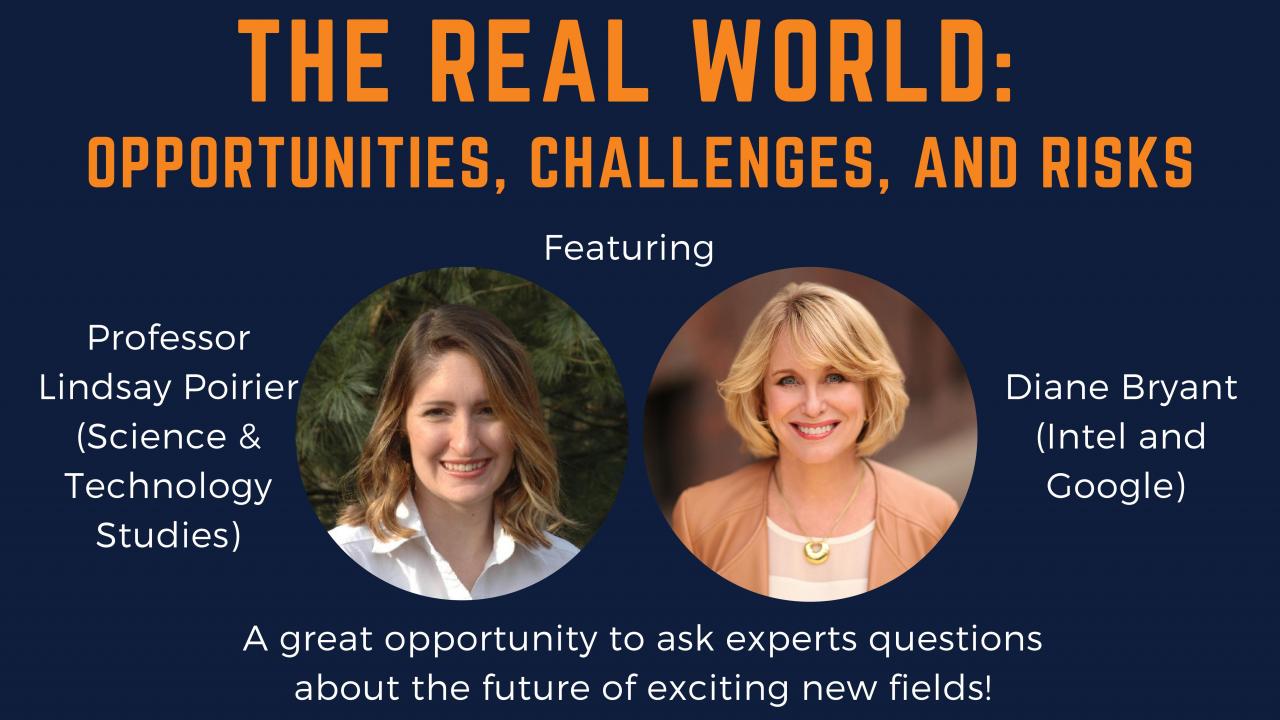
Event Date
Check in and a reception (with pizza ) to begin at 4:00pm, talk to begin at 4:30pm. Admission and food will be free, but also first come first serve. An Eventbrite ticket isn't necessary for entrance, but would greatly help us keep track of attendance.
Who is this talk meant for?
- Anyone - student or non-student - who has an interest in Big Data.
- Students who are unsure of how to leverage their majors in the changing workforce.
- Students who are interested in the technical aspects of Big Data as well as the non-technical aspects.
- Students who are torn between academic/research-based and non-academic post-graduate paths.
- Students who feel like this.
We plan to explore topics such as ethics in Big Data, surveillance capitalism, algorithmic bias, predictive data analytics, how Big Data can be used to tackle issues such as climate change and inequality, and so much more.
Each event in our series will center around a different topic - be that Big Data, autonomous vehicles, food insecurity, education reform, biotechnology, artificial intelligence, automation, technology ethics and bioethics, new media, virtual and augmented reality, redefining how we think of “work” itself, etc. We encourage students from all majors to attend. Although some of the topics in our series will seem more STEM-oriented, students from the social sciences and humanities will always have a place.
Stick around for a student-led Q&A session! (Powered by anonymous digital polling)
Diane Bryant is a UCD alumna who graduated with a bachelor’s degree in electrical engineering. She was the chief operating officer of the Google Cloud Platform and previously served as the group president of Intel’s data center group. She’s been named among Fortune’s 50 Most Powerful Women in Business, and Business Insider ranked Bryant as #32 in their 2016 list of “Silicon Valley 100” and #6 in their 2018 list of the “Most Powerful Female Engineers”
Lindsay Poirier is a UC Davis Professor and cultural anthropologist of data cultures, expertise, and infrastructure. Her work is informed by the digital humanities and Science and Technology Studies. Prior to coming to Davis, Poirier worked with the civic technology community in New York City to advocate for data publishing practices, curriculum, and legislation that promote civic engagement with the city’s open data program.